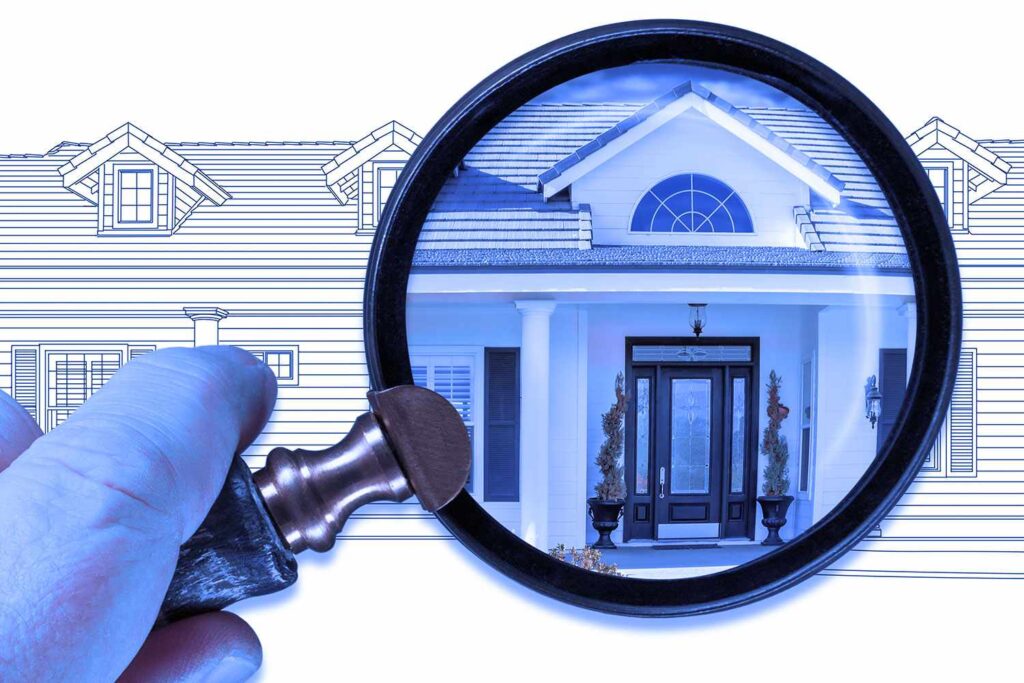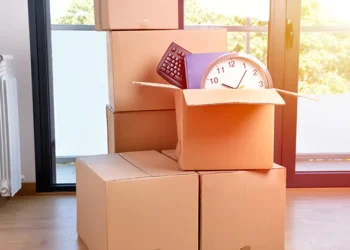Do Home Inspectors Move Appliances? A Comprehensive Guide
Have you ever wondered what goes on during a home inspection? Specifically, do home inspectors move appliances to peek behind them, or do they leave them in place, untouched? It’s a question that might seem simple on the surface, but it opens up a can of worms about the extent of a home inspection and what homeowners and buyers can expect. Let’s dive into this topic with a conversational tone, simple language, and maybe even a metaphor or two to keep things interesting.
Table of Contents
Introduction
Imagine you’re playing hide and seek with your friends, but there’s a rule that you can’t move the furniture to look for them. You can peek around it, maybe even get down on your knees to look under it, but that’s it. This scenario isn’t too far off from what happens during a home inspection. Home inspectors have their own set of “rules” that guide what they can and cannot do, including whether they move appliances to inspect behind them.
What Does a Home Inspection Cover?
A home inspection is like a health check-up for your house. It covers everything from the foundation to the roof, including the electrical system, plumbing, heating, and air conditioning systems, among other things. However, the extent to which an inspector can go to check these systems can vary.
The Role of Home Inspectors
Home inspectors are the detectives of the housing world. They come in, magnifying glass in hand (figuratively speaking), to uncover the mysteries of a home’s condition. But even detectives have boundaries they can’t cross.
Do Home Inspectors Move Appliances?
Here’s the million-dollar question: Do home inspectors move appliances? Generally, the answer is no. Most home inspection standards of practice state that inspectors are not required to move personal property, furniture, or appliances. The reason? Risk of damage and liability concerns.
The Importance of Moving Appliances
Why would moving appliances be important in the first place? Behind and beneath appliances are common places where problems hide — think water damage behind a washing machine or a gas leak behind a stove. Not checking these areas can leave some stones unturned.
When Appliances Are Not Moved
Not moving appliances means potentially missing out on identifying issues that could be costly to fix later on. It’s like knowing there’s a potential treasure (or trouble) hidden behind a wall but choosing not to look.
Preparing for a Home Inspection
If you’re selling your home or buying one, preparing for a home inspection is key. This might mean ensuring that the inspector has easy access to areas behind appliances, even if it means moving them yourself beforehand.
What to Do if Appliances Need to Be Moved
If there’s a strong reason to believe that an inspection behind an appliance is necessary, the homeowner or potential buyer can arrange for the appliance to be moved before the inspector’s visit. Communication is key here.
Limitations and Liabilities

Home inspectors operate under a set of guidelines that prioritize safety and liability. Moving heavy appliances could lead to injury or damage, which is a risk most inspectors are not willing to take.
How to Address Areas Behind Appliances
If you’re concerned about what might be lurking behind your appliances, consider hiring a specialist who can safely move and inspect these areas. Sometimes, a deeper dive by a professional in a specific field (like a plumber or electrician) is necessary.
Conclusion
While home inspectors might not move appliances during their inspection, understanding the reasons behind it and knowing how to prepare can ensure that no stone is left unturned in assessing a home’s condition. Like in our game of hide and seek, knowing the rules and how to work within them can make all the difference in uncovering what’s hidden.

FAQs
1. Can I request my home inspector to move appliances?
While you can request it, most home inspectors will decline due to liability and safety concerns.
2. What if I suspect an issue behind an appliance?
If you’re concerned, you can move the appliance yourself or hire a professional to inspect the area.
3. Are there any inspectors who will move appliances?
Some inspectors might be willing to move smaller appliances; however, it’s not standard practice.
4. What happens if damage is found behind an appliance after moving in?
If damage is discovered after moving in, it would typically be the responsibility of the new homeowner unless otherwise specified in the sale agreement.
5. How can I ensure a thorough home inspection?
Provide clear access to all areas of the home, including behind appliances, and consider hiring specialized professionals for a more detailed examination of specific areas.













